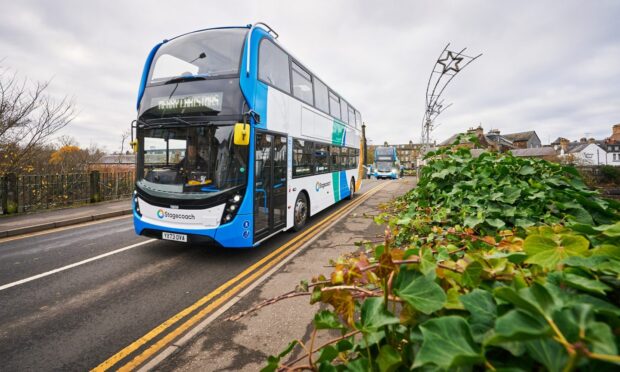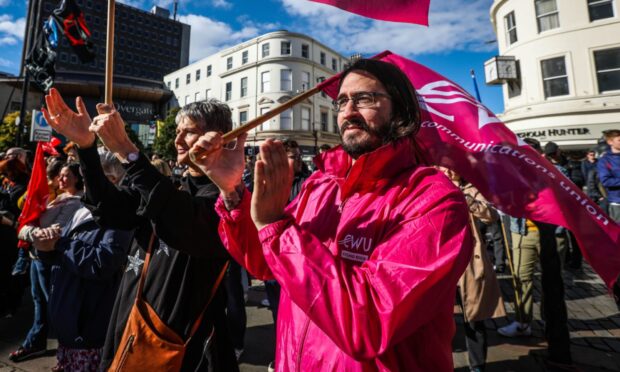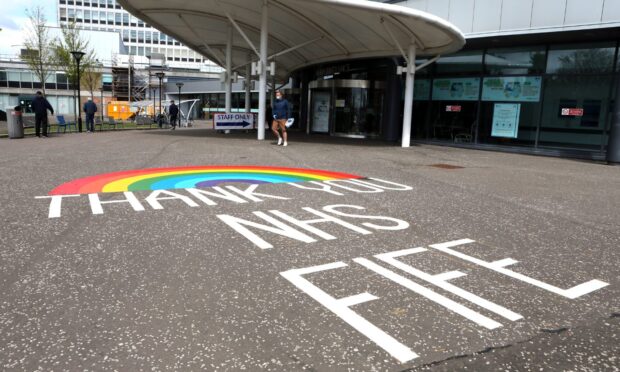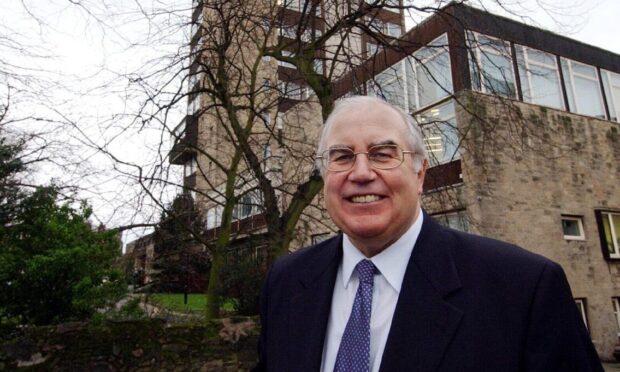A Budget that has been criticised for exposing families to higher bills and starving councils of cash has been signed off by the Scottish Parliament.
MSPs voted for the £34 billion package by 66 to 58, with Scottish Green support allowing it to pass.
Finance Secretary Derek Mackay said the Budget 2019-20 invests record sums in the NHS, provides real terms funding rises for councils and doubles free childcare hours.
It also hands cash to councils for Frank’s Law, which ends age discrimination in personal care thanks to a campaign from Amanda Kopel and The Courier.
But the plans were attacked for widening the income tax divide between Scotland and England and under-funding councils, who are being given the power to implement a workplace parking levy and inflation-busting local tax hikes.
Mr Mackay said the Scottish Government is investing in and protecting services in the face of a no-deal Brexit.
“This Budget safeguards Scotland as best we can, using all the powers and resources at our disposal with a clear focus on our priorities as a nation,” he added.
The Scottish Government said the total funding package has increased overall.
The deal for councils includes money for new responsibilities they did not have to fund in previous years, such as Frank’s Law and the increase in free childcare hours.
Independent parliamentary researchers published figures previously showing the core grant for day-to-day spending is being cut by £231m across Scotland.
James Kelly, the Labour MSP, said: “Councils are being cut to the bone, and lifeline services are now being put on a bonfire of Scotland’s public services.”
From April, 99% of Scots will pay less in income tax than they currently do, including some of those earning six-figure salaries.
However, tax cuts by the UK Government means Scottish resident taxpayers will have even higher bills in comparison to those on the same salaries over the border.
Councils are also being given the power to charge employers an annual fee for every parking space they provide for workers.
Employers could then decide to pass on the cost to their staff, which could be more than £400 a year.
Andrew McRae, from the Federation for Small Businesses, said this year’s Budget is a “cocktail” of good and bad for firms.
Welcoming rates support for small companies and a pot to help high streets, he added: “Many in the small business community will understandably have concerns about new tourism taxes and car parking levies.”









